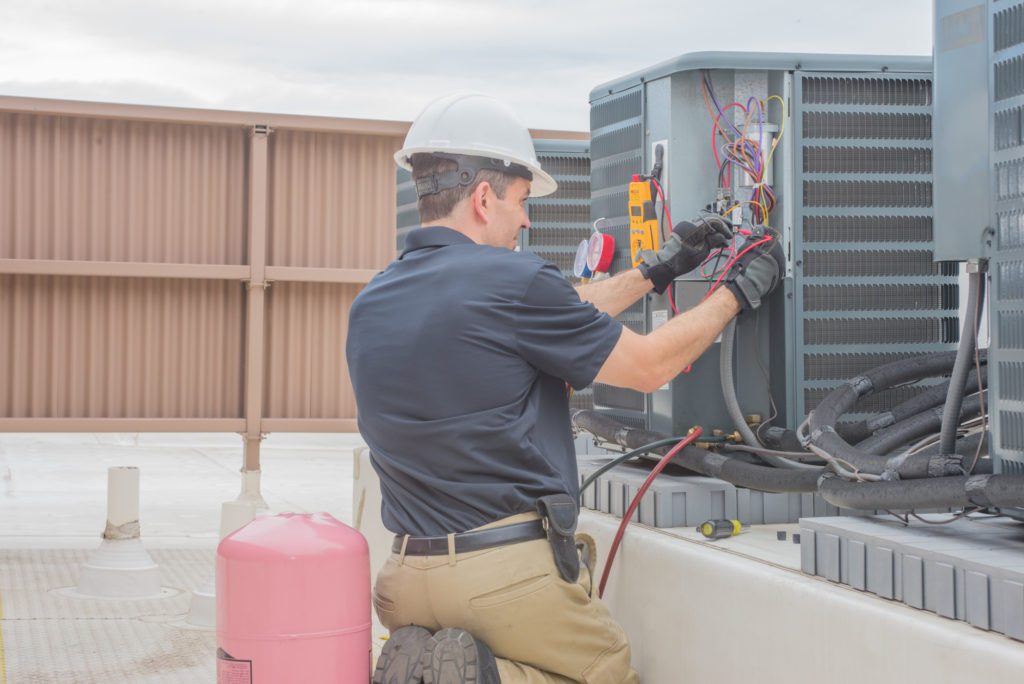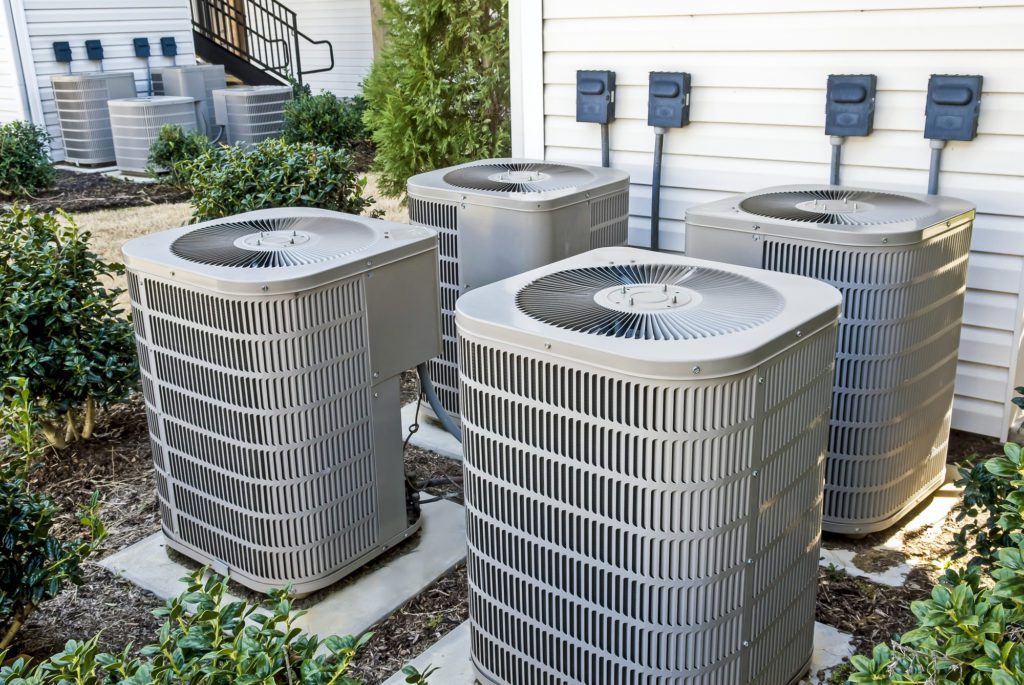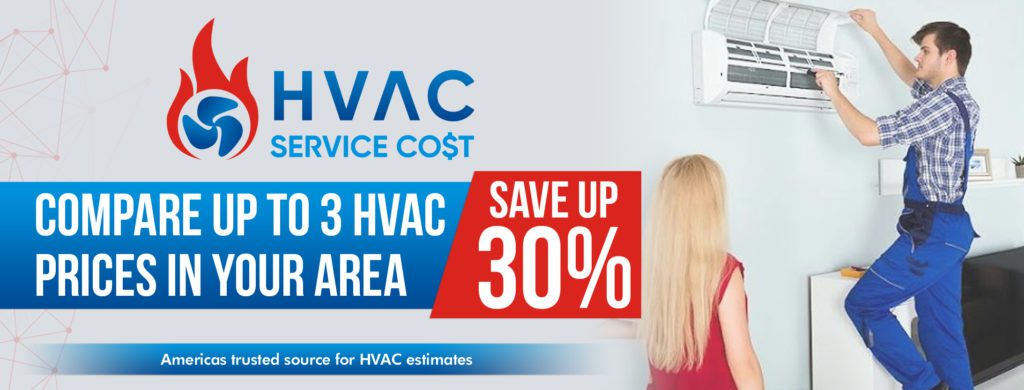
How Long Do HVAC Systems Last?
HVAC systems are a critical part of any building, and it’s important to know how long they last. The lifespan of an HVAC system can vary depending on the type of system, how often it’s used, and the environment it’s in. But as a general rule, most HVAC systems should last 10-15 years.
There are a few things you can do to prolong the lifespan of your HVAC system which we will discuss below.
What Factors Affect the Lifespan of an HVAC System?
There are a few factors that can affect the lifespan of an HVAC system. The most important factor is how often the system is used. The more it’s used, the shorter its lifespan will be. Another important factor is the environment the system is in. If it’s in a dusty or dirty environment, it will wear out faster. The type of system also matters – some systems are more durable than others.
Types of HVAC Systems
There are a few different types of HVAC systems, each with its own benefits and drawbacks. A few examples are:
- The most common type of system is the central air conditioning system. This system is installed in the attic or basement of the building and circulates cooled air through the ducts throughout the house. It’s the most efficient type of system, but it can be expensive to install.
- Another type of system is the split system. This system is installed in a single room and circulates cooled or heated air through the vents in that room. It’s less efficient than a central air conditioning system, but it’s more affordable to install.
- The final type of system is the window unit. This is a small unit that installs in a window and circulates cooled or heated air through the room. It’s the least efficient type of system, but it’s also the cheapest to install.

How Can I prolong the Lifespan of My HVAC System?
There are a few things you can do to prolong the lifespan of your HVAC system. Here are some helpful tips to prolong the life of your HVAC system:
- The most important thing is to have it serviced regularly by a qualified technician. This will ensure that it’s running efficiently and catch any problems before they become major issues.
- You should also clean the filters regularly and make sure they’re not blocked. This will help the system run more efficiently and prevent it from overworking itself.
- Finally, try to keep the environment around the system clean and free of dust and debris.
HVAC systems are a vital part of any building, so it’s important to know how to prolong their lifespan. By following the tips above, you can help ensure that your system lasts for as long as possible.
When Should You Replace Your HVAC System?
When should you start thinking about replacing your HVAC system?
There is no definitive answer to this question. The lifespan of an HVAC system can vary depending on a number of factors, so it’s important to gauge how well your system is performing and how often it’s being used. If it’s starting to wear out or break down more often, then it might be time to replace it. Additionally, if your system is more than 10-15 years old, it might be time to consider a replacement.
Replacing your HVAC system can be a big decision, but it’s important to think about the long-term benefits. A new system can save you money on energy costs and improve the comfort of your home. If you’re undecided about whether or not to replace your system, consult with a qualified technician for advice.
Can an HVAC System Replacement Wait?
Pushing an HVAC system past its limit can be dangerous and may cause the system to break down. If your HVAC system is starting to wear out, it’s important to replace it before it reaches its limit. Trying to push it past its limit can shorten its lifespan and may even cause it to break down completely. If you’re unsure about whether or not to replace your HVAC system a trusted technician can inspect your system and give you their professional opinion.
HVAC system replacements can be a big decision, but they’re often necessary to maintain the comfort of your home. If your system is starting to wear out, don’t wait too long to replace it. Doing so could cause serious damage to your system and may even put your family at risk.

How Much Does it Cost to Replace an HVAC System?
Replacing an HVAC system can be a big expense, but it’s important to think about the long-term benefits. A new system can save you money on energy costs and improve the comfort of your home. If you’re undecided about whether or not to replace your system, consult with a qualified technician for advice.
The cost of replacing an HVAC system varies depending on the type of system and the size of your home. Generally, the cost ranges from $2,000 to $10,000. It’s important to consult with a qualified technician to get an accurate estimate for your home.
Replacing your HVAC system can be a big decision, so it’s worth it to weigh the pros and cons before making a decision.
How to Choose a New HVAC System
When it comes time to replace your HVAC system, it’s important to choose the right system for your home. There are a variety of different systems available, so it can be difficult to know which one is right for you. Here are a few tips on how to choose a new HVAC system:
- Look at your needs
The first step is to assess your needs and figure out what type of system would be best suited for your home. If you have a large house with multiple rooms, you’ll need a system that can handle a lot of airflows. If you live in a climate that’s hot or cold year-round, you’ll need a system that can adapt to those conditions.
- Consider your budget
It’s important to consider your budget when choosing a new HVAC system. Some systems are more expensive than others. Choose the system that fits your budget and meets your needs.
- Consult with a professional
It’s always best to consult with a professional when choosing a new HVAC system. They can help you find the right system for your home and give you advice on installation and maintenance.

Replacing your HVAC system doesn’t have to be a daunting task. There are a variety of different systems available, so it’s important to consult with a professional before making a decision. They can help you find the right system for your home and give you advice on installation and maintenance. Replacing your HVAC system is an important decision, but it’s important to think about the long-term benefits. A new system can save you money on energy costs and improve the comfort of your home.




Leave a Reply